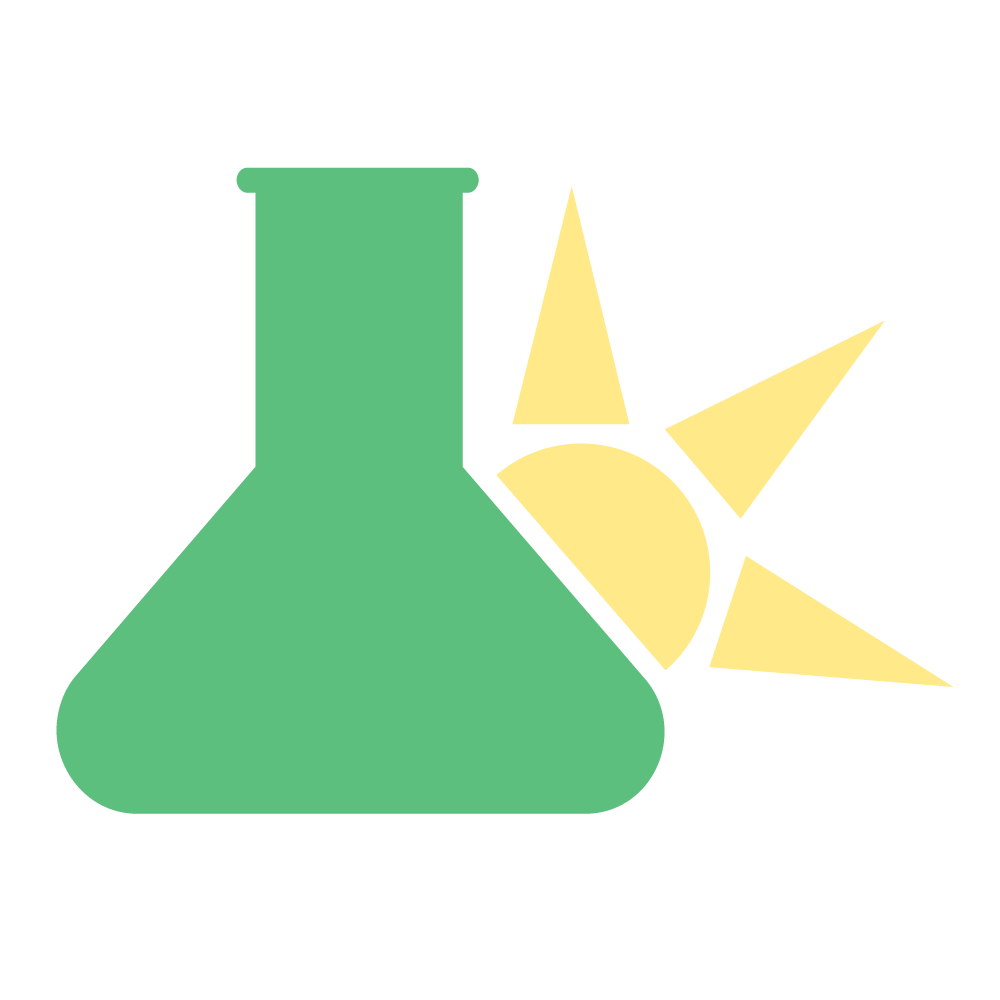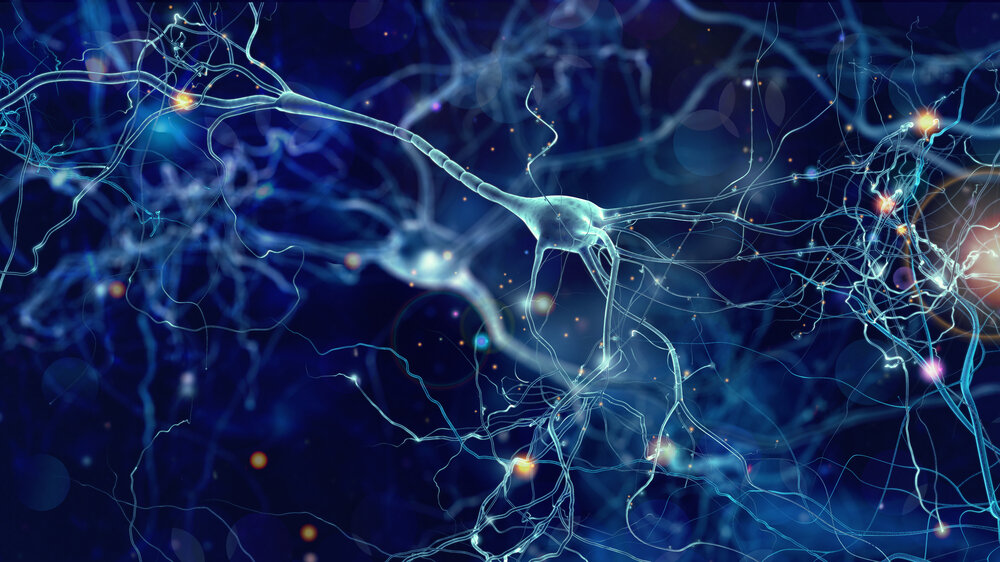L-Theanine is a well known nootropic found in the tea plant (Camellia sinensis) among others. Amino acids are the basic building blocks of all life on earth.
L-Theanine has been the subject of a lot of study since it was discovered in green tea (Camellia sinensis) in the late 1940's [1]. Since this time, scientists have shown L-Theanine posesses an abudance of beneficial actions on the brain and vascular system and in modern times has become a popular addition to nootropic formulas.
L-Theanine Chemistry:
L-Theanine is actually the amino acid analogue of the proteinogenic amino acids L-glutamate and L-glutamine. Proteinogenic amino acids are amino acids that are transformed into proteins in biological systems. There are only 20 that are present into the genetic code, and an additional 3 that can be formed using special translation mechanisms.
Amino acid analogues such as L-Theanine are slightly different and will not form proteins unless first modified by the body.
L-Theanine is similar in shape to glutamic acid [4], and it's carboxylic anion glutamate, which is a very important neurotransmitter in the brain.
Glutamate is in fact the most abundant neurotransmitter in the human nervous system (as well as all other vertebrates) [5]. It is used throughout the excitatory information transmitting pathways in the brain and is suggested to be present in 90% of the brains synaptic connections.
Medical Research On L-Theanine
There have been many studies on the medicinal applications of L-Theanine, especially, it seems, out of Japan. This is likely due to the cultural value of green tea in this society and the medicinal potential of L-Theanine.
L-Theanine promotes relaxation, minimizes the negative effects of stress, and improves memory and cognitive function. It works mainly by improving the function of a particular region in the brain known as the hippocampus [1], but also through a vasodilating action in the arterioles to improve the blood flow. This includes the cerebral arteries of the brain and is how it promotes blood flow to this oxygen hungry organ.
L-Theanine has also been shown to dose-dependantly increase dopamine levels [6]. This means that the ability for L-Theanine to increase dopamine levels goes up as the dose increases. Dopamine is an important neurotransmitter associated with emotion, concentration, and sexual function. It is found to be notably low in depressed individuals.
L-Theanine has also been found to protect the neurons in the brain from cell death [7]. This is important, especially in the aging brain. The bodies cells (including the neurons of the brain), die and with them cognitive capacity is reduced. Taking supplements such as L-Theanine which slow the rate of cell decay and death can maintain healthy cognition longer into old age. Conditions such as Alzheimers and Dementia are well known to be directly associated with cell death in the brain, although from a variety of factors. Research on L-Theanine has suggested it to have general neuroprotective benefits which may prove useful for many of these different factors.
L-Theanine has also been shown to improve the cerebral circulation, which is a common mechanism for nootropic substances. Some other popular nootropics that work this way are vinpocetine and Ginkgo biloba.
L-Theanine has also been found to offer benefit for depressed and anxious individuals. At a dose of 250mg of L-Theanine, it was shown to reduce the effects of stress in the brain and reduce anxiety [8, 9].
On top of this, the ability for L-theanine to increase dopamine levels may be part of the reason it is able to improve both of these conditions.
L-Theanine from Green Tea
Green tea is the most common source for L-Theanine (some fungi also have this chemical). Not all green tea is the same however in this regard.
It has been shown that shade-grown varieties of tea (Camellia sinensis) have the highest L-Theanine contents.
Shade-grown green tea varieties include Gyokuro, high-quality Matcha, and high-quality Sencha green teas among others. As the plant is shaded in the final couple of weeks before harvest, the L-theanine content remains intact. It adds its naturally sweet flavor and nootropic benefits to the final tea.
Due to the huge amount of additional resources needed to shade the plants in the final weeks, these teas are generally more expensive than regular green tea, but worth it due to its sweeter flavor, and improvement on cognitive benefit.
Shade grown green tea is high in L-Theanine
Matcha Green Tea
Matcha green tea is particularily useful for consuming L-Theanine from its natural source since it is both a shade grown tea product, and the entire leaf is consumed rather than extracted into water.
When tea is made, the leaves are generally only infused for a short duration and with lower temperatures (60-80C) in order to avoid extracting the more bitter components of the tea. Matcha on the other hand contains the tea leaves in powdered form. This whole leaf powder is mixed with water and drank in its entirety, so that all components of the leaves are ingested.
That said, L-Theanine has a high solubility in water (2.6 parts water is needed for every 1 part L-Theanine [11]). Therefore even products such as gyokuro or shade grown senchas will likely provide adequate amounts of L-theanine to have an effect especially if a lot of tea is consumed on a daily basis, as is the case with traditional tea consumption. For more information on matcha check this out.
Matcha Green Tea
Nootropic Applications
L-Theanine concentrated extractions are available, and are easily combined with other nootropic concentrates or taken alone. Aim for doses around 250Mg L-Theanine since this dose is well tested and has shown a high level of safety and efficacy for improving cognitive function.
L-Theanine is especially useful in conjunction with caffeine in nootropic formulas and is often studied together in the academic literature. These chemicals are also found in conjunction together in the natural world.
In a recent double-blind, placebo-controlled trial involving 12 habitual caffeine users and 12 non-habitual users, researchers investigated the effects L-theanine had against the negative short-term effects of caffeine. They discovered that when L-Theanine was combined with caffeine in normal ratios as found in green tea, the vasoconstrictive actions (results in a rise in blood pressure) were ameliorated. [3]. This shows that L-Theanine may have actions on the arterial system, which is also one of its nootropic mechanisms.
Caffeine is useful in supplements designed to reduce mental fatigue, and is useful for people who regularily work or study for long hours. L-Theanine is useful in formulas containing caffeine, and likely caffeins precursor theobromine, as well as in formulas aimed at increasing cerebral blood flow and formulas designed to increase memory. It is also useful for those wishing to treat depression and anxiety naturally both alone and in combination formulas.
Is It Safe?
L-Theanine is very safe, and no significant side effects have been reported within the 200-400 mg dosage. There have bee reports of some mild gastro-intestinal upset, but tends to go away if the dosage is reduced.
Start with a smaller dose, around 50 mg, and work your way up to the full dose to make sure there are no allergies or hypersensitivites.
Overall, L-Theanine is a safe and efective nootropic, appropriate for long term consumption.
Justin Cooke @JuzzieCooke
- The Sunlight Experiment @TheSunlightExp
Recent Nootropics Blog Posts:
More Blog Posts:
References:
- Sakato, Y. (1949). The chemical constituents of tea: III. A new amide theanine. Nippon Nogeikagaku Kaishi, 23, 262-267.
- TheSunlightExperiment.com/tea
- Dodd, F. L., Kennedy, D. O., Riby, L. M., & Haskell-Ramsay, C. F. (2015). A double-blind, placebo-controlled study evaluating the effects of caffeine and L-theanine both alone and in combination on cerebral blood flow, cognition and mood. Psychopharmacology,232(14), 2563-2576. doi:10.1007/s00213-015-3895-0
- Nathan PJ, Lu K, Gray M, Oliver C (2006) The neuropharmacology of L- theanine(N-ethyl-L-glutamine): A possible neuroprotective and cognitive enhancing agent. J Herb Pharmacother 6:21–30
- Meldrum, B. S. (2000). "Glutamate as a neurotransmitter in the brain: Review of physiology and pathology" (PDF). The Journal of nutrition. 130 (4S Suppl): 1007S–1015S. PMID 10736372.
- Yokogoshi H, Kobayashi M, Mochizuki M, Terashima T (1998) Effect of theanine, r-glutamylethylamide, on brain monoamines and striatal dopamine release in conscious rats. Neurochem Res 23:667–673
- Cho HS, Kim S, Lee SY, Park JA, Kim SJ, Chun HS (2008) Protective effect of the green tea component, L-theanine on environmental toxins-induced neuronal cell death. Neurotoxicology 29:656–662
- Kimura K, Ozeki M, Juneja LR, Ohira H (2007) L-Theanine reduces psychological and physiological stress responses. Biol Psychol 74: 39–45
- Rogers PJ, Smith JE, Heatherley SV, Pleydell-Pearce CW (2008) Time for tea: mood, blood pressure and cognitive perfor- mance effects of caffeine and theanine administered alone and together. Psychopharmacology 195:569–577
- Kaneko S et al; (2006). J Agric Food Chem 54: 2688-2694.
- O'Neil, M.J. (ed.). The Merck Index - An Encyclopedia of Chemicals, Drugs, and Biologicals. Cambridge, UK: Royal Society of Chemistry, 2013., p. 1718


















Its amazing what this class of substances can do for your brain.